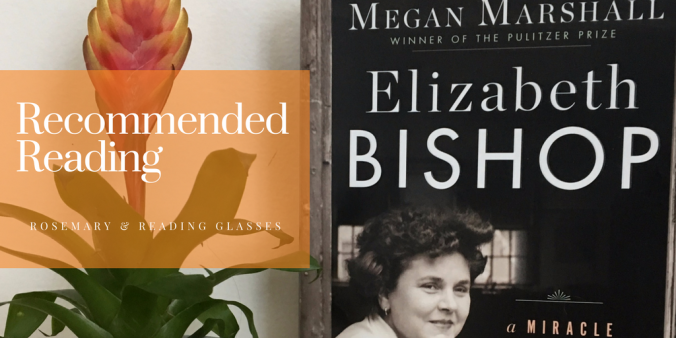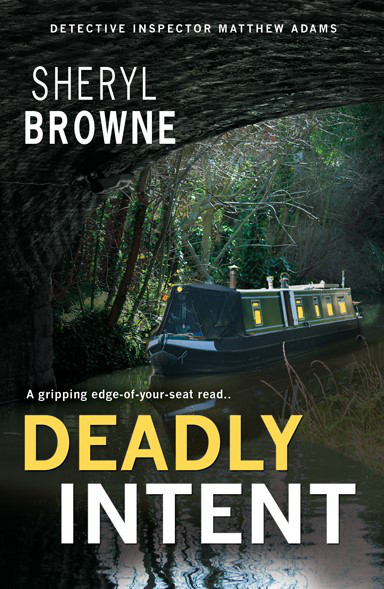
Since reading a few of Elizabeth Bishop’s poems as a teenager, I’ve always enjoyed my encounters with her work, but felt the poet was inscrutable, always at arm’s length, despite the fact that I live in the city where she was born and where she’s buried. I don’t feel that way any longer, thanks to Megan Marshall’s Elizabeth Bishop: Miracle for Breakfast,* a smooth-reading, revelatory new biography of one of the twentieth century’s best and most private poets.
 Ms. Marshall, who won the Pulitzer for her biography of Margaret Fuller, structures the book around the six end words of Bishop’s first sestina (an intricate and demanding verse form), “Miracle for Breakfast”: coffee, crumb, balcony, miracle, sun, river. Each of these six chapters explores a major phase of Bishop’s life, from her childhood spent bouncing among various relatives to her unexpected late-in-life romance. Interspersed are Ms. Marshall’s brief reflections regarding how she came to be one of Bishop’s last students, in a verse-writing seminar at Harvard in the late 1970s—an unusual touch, and enlightening. Here’s a bit from one seminar meeting: “‘I don’t believe poetry can be taught,” she started in, looking straight out at us, yet somehow managing not to meet anyone’s gaze. Her level weapon needs no sight. ‘But we’ll do what we can with the time we’ve got.’ A tentative smile. Should we have laughed?”
Ms. Marshall, who won the Pulitzer for her biography of Margaret Fuller, structures the book around the six end words of Bishop’s first sestina (an intricate and demanding verse form), “Miracle for Breakfast”: coffee, crumb, balcony, miracle, sun, river. Each of these six chapters explores a major phase of Bishop’s life, from her childhood spent bouncing among various relatives to her unexpected late-in-life romance. Interspersed are Ms. Marshall’s brief reflections regarding how she came to be one of Bishop’s last students, in a verse-writing seminar at Harvard in the late 1970s—an unusual touch, and enlightening. Here’s a bit from one seminar meeting: “‘I don’t believe poetry can be taught,” she started in, looking straight out at us, yet somehow managing not to meet anyone’s gaze. Her level weapon needs no sight. ‘But we’ll do what we can with the time we’ve got.’ A tentative smile. Should we have laughed?”
This is a book about love and work, and the balance between the two. Bishop’s slim oeuvre is about one hundred poems, nearly all of them exquisite. Ms. Marshall shows us just how difficult it was for Bishop to write, how she labored and labored over many drafts, how she abandoned many promising poems that didn’t reach perfection. Her output fluctuated with her often turbulent emotional life; she also suffered from alcoholism, which led to injury and heartache and lost writing time.
Understandably, much has been made of Elizabeth Bishop’s long friendship with her fellow poet Robert Lowell, but while giving Cal, as Bishop called him, his due, Ms. Marshall focuses more on the poet’s romantic relationships (crushes, affairs, long-term arrangements) with women—especially Lota de Macedo Soares (functionally, they were married) and, much later, with Alice Methfessel—relationships it’s much easier for Ms. Marshall to explore in 2017 than it was for biographers working before the cultural shift in favor of gay rights.
After Alice Methfessel’s death in 2009, letters came to light that revealed not only the extent of her relationship with Elizabeth Bishop, but also harrowing details about Bishop’s early life. Her father died when she was still an infant, and when she was still a small child her mother was confined to an asylum for the mentally ill. After time happily spent with her maternal grandparents in Nova Scotia (recalled in short stories decades later), Elizabeth was sent to live with her grander relations in Worcester, Massachusetts. Unhappy and out of place there, she at first didn’t mind being sent, yet again, to other relatives, this time to her uncle and aunt living in gritty towns north of Boston, but her uncle’s predatory advances ensured that she stayed at camps, boarding school, and with friends as often as possible.
After college at Vassar, she traveled and lived in various locations before settling down with Lota for a long stint in Brazil, punctuated by visits to and from friends, before returning to the United States, where she began to teach.
Bishop mined her travels and her memories for material, and Ms. Marshall delicately balances the particulars of Bishop’s life with thoughtful readings of her poems, including “The Shampoo,” “The Fish,” “Filling Station,” “The Armadillo,” “In the Waiting Room,” and, of course, “One Art.” While some biographies seek to use biographical information to ferret out meaning from writing, Ms. Marshall’s approach is much more nuanced; here, life and art inform each other, in conversation. In a lovely reading of “One Art,” she shows how the poem changed over the course of its seventeen drafts, and how Bishop “merged the two great disasters of her adult life” in the details. “Elizabeth had been practicing the art of losing since infancy,” she writes. “[A]rt had become her one means of mastery. “One Art” was the elegy she had wanted for so long to write.”
Elizabeth Bishop was gifted and troubled, touched by inspiration and despondency both. This biography is a fitting tribute to all her complexity as an artist and a human being.
* I received a copy of this book from the publisher for review consideration, which did not affect the content of my review.
Advertisements Share this:




